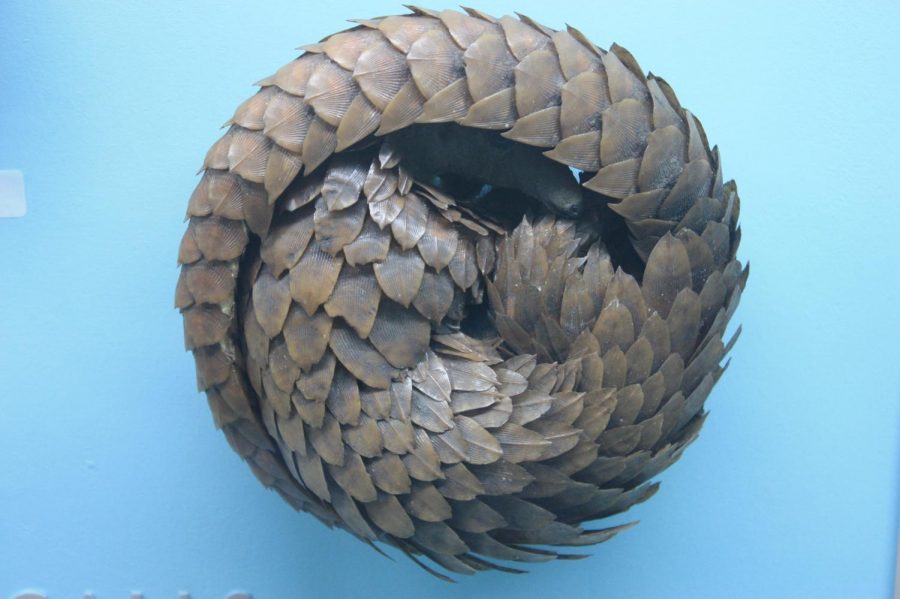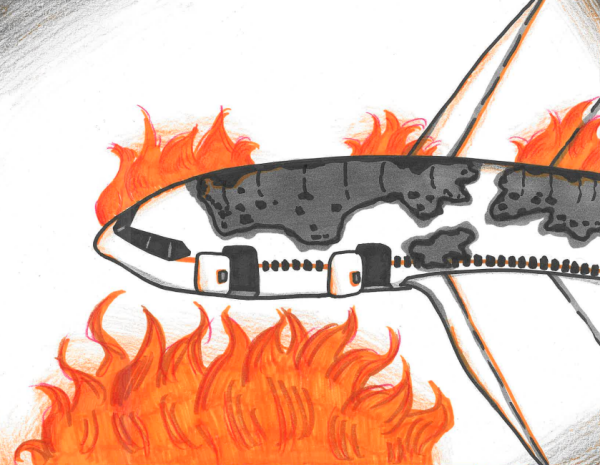Pangolins under consideration for potential origin of Coronavirus
Pangolins are scaled mammals commonly found in Asia.
With COVID-19 continuing to ravage our world, many turn to science for some type of explanation. From what we know now, we all have been led to believe that bats passed the virus on to humans. New information suggests that while three species of bats have been identified as carriers of various strains of the Coronavirus, none were the species that originated the virus.
In Africa and Southern China, thousands of pangolins are poached every day. Scaled mammals that eat insects, little else is known about these funny little creatures. Pangolin (pronounced “pang-guh-luhn”) scales are used in traditional Chinese medicine, and their meat is considered a delicacy. Unfortunately, pangolins are on their last leg, being listed as critically endangered on the IUCN’s (International Union for Conservation of Nature) red list of threatened species.
Scientists have discovered that pangolins are also carriers of a nearly identical match to the virus COVID-19. In addition, anti-smuggling efforts rescued 21 Malayan pangolins in March 2019, unfortunately, 16 of them died after and were handed over to a research team in Guangdong. Most of the 16 had a swollen lung that had white frothy liquid and symptoms of pulmonary fibrosis.
As of now, it is still uncertain whether the virus came from pangolins to humans, or whether it was another animal such as one of the three aforementioned species of bats. With the extreme illegal poaching of the pangolins, this news could very well become their saving grace or perhaps their downfall. Wuhan’s live animal market, which has since been temporarily shut down, is where the disease was said to have jumped to humans from bats. This, however, doesn’t explain how bats contracted the disease. Scientists from the Chinese Center for Disease Control and Prevention are led to believe that pangolins might have transferred COVID-19 to bats via the unsanitary practices and cross-contamination that occurs in said market.
The Wuhan live animal market is actually known as the Wuhan Seafood Market, one of the many wet markets that exist all across Asia and the Middle East that is an essential part of the Chinese economy. While the Chinese government has now banned selling wild animals at the wet market, we recall from 2003 during the SARS outbreak that they had done the same thing but had the ban lifted after only three months. Many environmentalists worry if the ban will even be enforced as much of the animal trade in China is illegal, but stays extensive throughout the country.







